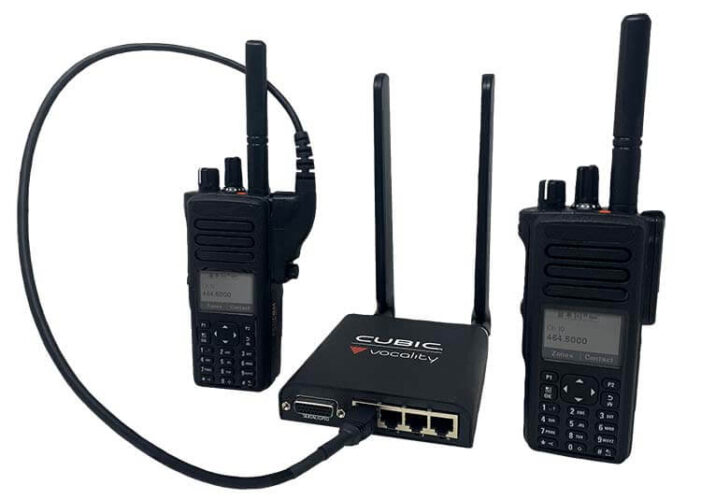In the fast-paced world of modern transportation, an efficiently managed fleet is a prerequisite for success. A fleet manager’s role is multifaceted, but one of the most significant elements that contribute to the robustness and performance of a fleet is communication interoperability and the use of advanced technologies like Radio Over IP (RoIP). To maximize the return on investment (ROI) for a fleet, it is essential to understand the role of these technologies and the benefits they bring.
Communication Interoperability, as the name suggests, refers to the ability of diverse systems and devices to work together or ‘inter-operate’. In a fleet management context, it implies seamless communication between various stakeholders, such as drivers, fleet managers, and logistics providers, regardless of their location or the devices they use. This seamless and instant communication improves operational efficiency, enhances safety, and reduces costs, thereby increasing the overall ROI of a fleet.
RoIP (Radio Over IP) technology is an advanced solution that takes communication interoperability to the next level. RoIP allows radio communication to be sent over the internet or any IP network, thus making communication more flexible, scalable, and cost-effective. It extends the range of radio communication to virtually anywhere with internet connectivity, which is highly beneficial for a widespread fleet.
But what does this mean in real-world terms? How can RoIP and communication interoperability boost the ROI of a fleet? Let’s dive in a little deeper.
Initially, the extended range of communication can vastly improve the efficiency of fleet operations. Drivers and fleet managers can stay in touch regardless of the distance between them, ensuring real-time updates about delivery status, traffic conditions, and potential issues. This immediate exchange of information helps prevent delays and misunderstandings that can impact customer satisfaction and overall business reputation.
Secondly, RoIP solutions provide significant cost savings. Traditional radio infrastructure requires costly equipment and frequent maintenance. However, RoIP uses existing IP networks and hardware, which most businesses already have in place, reducing the need for additional investments. Plus, being a digital solution, RoIP systems are often more reliable, reducing maintenance downtime and costs, thus improving the fleet’s ROI.
Thirdly, RoIP and communication interoperability enhance safety. With real-time updates, drivers can be forewarned about hazardous road conditions, traffic jams, or mechanical issues. Fleet managers can react swiftly to emergencies, mitigating risks, and ensuring driver and cargo safety. Over time, these safety enhancements can lead to lower insurance premiums, providing another avenue for ROI improvement.
Lastly, communication interoperability with RoIP creates opportunities for data collection and analysis. Fleet managers can gain insights into driver behavior, vehicle performance, and other critical metrics. This data can be used to make informed decisions about fleet management, such as identifying areas for improvement, planning maintenance schedules, and streamlining operations. Effective use of this data can lead to improved productivity and cost-efficiency, boosting the ROI.
In conclusion, in a world where instant communication and data-driven decisions are paramount, technologies like RoIP for a fleet of vehicles and the principle of communication interoperability have emerged as indispensable tools for modern fleet management. These tools often require a communication systems company in USA to help with customizing a solution for your organization. They not only amplify operational efficiency, safety, and cost-effectiveness but also open up opportunities for insightful data analysis and strategic decision-making. By strategically implementing and leveraging these technologies, businesses can significantly maximize the ROI of their fleets.
Communicating Via Radio Gets Easier with RoIP

